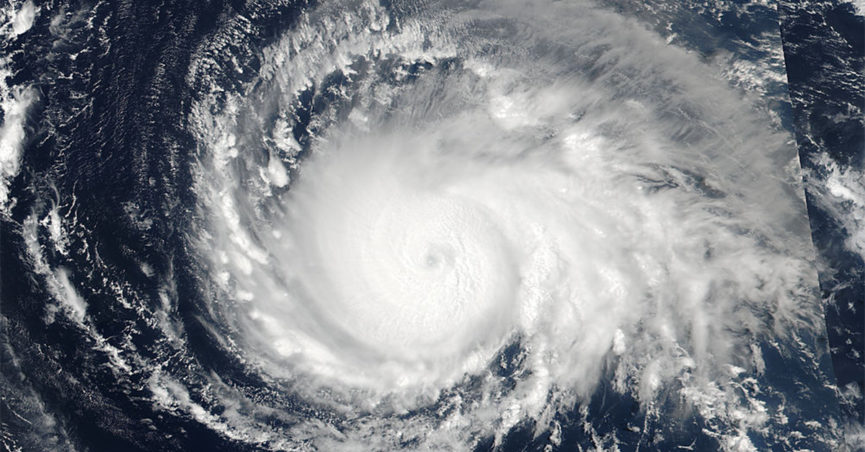I’d like to provide the readers of SurvivalBlog with an After Action Report (AAR) on Hurricane Ida:
We live about an hour north of Baton Rouge, Louisiana. We are in a rural county, and we live at a decently high elevation. Hurricane Ida blew through here on Monday morning. It knocked our power out Sunday night, which was no surprise. We lose power all the time. I feel like a lot of these reports come from people who missed something in their preps or else couldn’t prep for some part of what was coming. My report, by comparison, is going to be very boring. We didn’t really have any skips in our preps. Because we live at a pretty high elevation, our house never floods. Sometimes our lower pastures flood, since they are right on a river. But we always move the livestock to higher ground before a big storm. This particular storm didn’t cause the river to flood. We also keep our equipment at high elevation. We did have to rush to get hay off the ground and get the bales moved to higher ground.
We spent three days preparing for this storm. We dropped a dead tree that was leaning on the barn. We wrapped netting around some empty canning jars we had on shelves outside, to prevent them from being blown off. I gotta work on those shelves to make them safer. Our full canning jars are on shelves in outbuildings. Remember, we live in the south, where it seldom freezes. We picked up stuff that would have gotten blown around, like potted plants. We double-fed all the chickens and made sure no pens would get blown over. Moved lambs to the barn so they wouldn’t get wet. Basic farm stuff.
We keep plenty of food of various kinds on hand. We have a milk cow, and we keep bread in the freezer, so we didn’t have the last-minute run to the store for milk and bread. Literally, the only thing we had to get at the last minute was gas to run the generator with. We are on Day 3 of the power being out, and there is no end in sight for this power outage. Our county had roofs torn off of some houses and multiple trees that fell in roads and on power lines. The county cleared the roads within hours of the storm blowing through, but if our road had been blocked, we could have gone days without going anywhere, or we could have cleared it ourselves.
We have water filters, and of course, multiple sources of water, in the case that the tap water shuts off. It hasn’t. We have stoves that use pilot lights, and so we can cook. But we also have many backup methods to cook. We generally live fairly primitively. We washed our clothes before the storm, but our generator will run the washing machine if need be.
Hurricane Ida landed on the 16th anniversary of Hurricane Katrina. We were out of power for three weeks then. We weren’t preppers back then, with nowhere near the preps that we have now. We didn’t have a milk cow, but we always kept food on hand. We had a lot of damage to fences, but that was all the damage we had. The only skip in our preps then was that we didn’t have any gas, and there was none to be had, so we had to scramble to get some. We are an old farm family. I guess we were prepping before it was cool. Since we stepped it up, we are getting more organized about it. But we still have a lot more work to do. But even 16 years ago, we easily went three weeks without buying food.
If there is a message I’d like to share with fellow preppers, it would be: You don’t have to be rich to be prepared. Of course, we all have more to get done. But if you look around, you can find prepping treasures that other people have discarded. I make a regular run to the dump to scavenge. I have found so many treasures, from brand new roofing to fencing to file cabinets to gas burners. File cabinets are the most amazing treasure. I have lined one wall of the barn with old file cabinets, and we have old tractor parts stashed there. My husband used to work at a tractor dealership and when it closed, he cleared out the discarded tractor parts. He regularly pulls from it to use the metal to build something. We even used old trampolines to build a chicken pen. And I used old chain link wire to wrap around it. – A.R.










